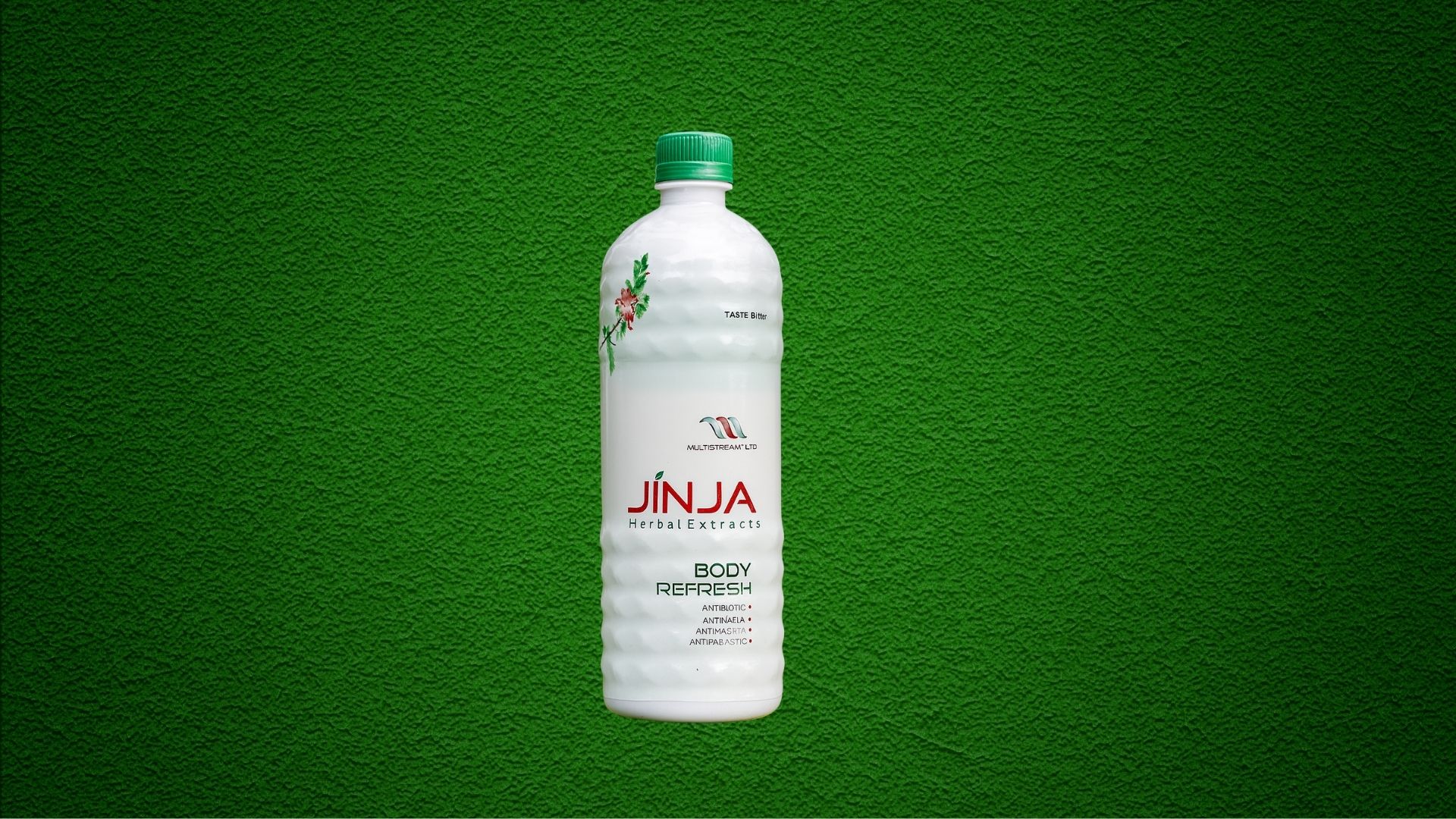Discover natural health boosts with discounts!

Jinja Herbal Extracts Body Refresher (750ml)
Resolve Lower Adbominal Pain When Pee
₦15000.00
Experience a spa-like cleanse every day with the Jinja Herbal Extracts Body Refresher. Expertly crafted with a blend of natural herbal extracts, this luxurious body wash gently purifies and invigorates your skin, leaving it feeling soft, hydrated, and full of vitality. Its soothing formula is perfect for all skin types and ideal for daily use, transforming your shower routine into a moment of pure refreshment. Available in a convenient 250ml bottle with a subtle, refreshing herbal fragrance.
Experiencing lower abdominal pain, particularly when urinating, is a common yet distressing symptom that can indicate various underlying issues. This discomfort can arise from a number of conditions affecting the urinary tract, reproductive organs, or gastrointestinal system. Understanding the potential causes, symptoms, and treatment options is crucial for managing your health effectively. ### Common Causes of Lower Abdominal Pain When Urinating 1. **Urinary Tract Infections (UTIs)**: UTIs are among the most frequent culprits of lower abdominal pain. They occur when bacteria enter the urinary tract, leading to inflammation and discomfort, especially during urination. Symptoms often include a frequent urge to urinate, burning sensations, and cloudy or strong-smelling urine. 2. **Bladder Inflammation (Cystitis)**: Inflammation of the bladder can result from infections or irritants. Cystitis also leads to pain when urinating, urgency, and discomfort in the lower abdomen. Chronic forms of cystitis can be more difficult to diagnose and may require specialized treatment. 3. **Kidney Stones**: Small, hard deposits that form in the kidneys can cause severe pain, known as renal colic, particularly if they move into the ureters. This pain may radiate to the lower abdomen and back and can be accompanied by nausea or blood in the urine. 4. **Sexually Transmitted Infections (STIs)**: STIs such as chlamydia and gonorrhea can cause pelvic pain and discomfort during urination. These infections often require prompt diagnosis and treatment to prevent complications. 5. **Pelvic Inflammatory Disease (PID)**: In women, PID is an infection of the reproductive organs usually caused by STIs. It can lead to symptoms like lower abdominal pain, pain during urination, and unusual discharge. 6. **Prostatitis**: In men, inflammation of the prostate gland can lead to pelvic pain and discomfort during urination. Prostatitis can be acute or chronic and may require different management strategies. 7. **Hernias**: In some cases, a hernia in the abdominal cavity can cause localized pain that may be exacerbated during urination. ### Symptoms to Monitor When experiencing lower abdominal pain during urination, it’s essential to be aware of accompanying symptoms that may help in identifying the cause: - **Frequency of urination**: Increased urgency or frequency may point towards infection. - **Pain characteristics**: A sharp, sudden pain could indicate stones, while a dull, persistent ache may suggest infection or inflammation. - **Accompanying symptoms**: Fever, chills, nausea, or changes in urine color could signify a more severe condition that requires immediate medical attention. ### When to Seek Medical Attention It is advisable to consult a healthcare professional if you experience any of the following: - Persistent or severe abdominal pain - Blood in the urine - High fever (over 101°F or 38.3°C) - Symptoms of dehydration, such as a decrease in urination - Symptoms that worsen over time or do not improve with initial home care ### Diagnosis and Testing Upon visiting a healthcare provider, expect a thorough assessment which may include: - **Physical Examination**: Checking for tenderness in the abdominal area. - **Urinalysis**: Screening urine for signs of infection, blood, or crystals. - **Imaging Tests**: X-rays or ultrasounds may be used to identify issues like kidney stones or anatomical abnormalities. - **Culture Tests**: If an infection is suspected, urine cultures can help identify pathogens and their sensitivities to antibiotics. ### Home Remedies and Management While waiting for a diagnosis or treatment, certain home strategies may alleviate discomfort: - **Hydration**: Drinking plenty of water can help flush out bacteria and reduce irritation in the urinary tract. - **Heat Application**: Using a heating pad on the lower abdomen may relieve pain. - **Pain Relievers**: Over-the-counter pain medications like ibuprofen or acetaminophen can help manage discomfort as advised by a pharmacist or healthcare provider. - **Avoid Irritants**: Stay away from caffeine, alcohol, and spicy foods that may irritate the bladder further. ### Treatment Options The appropriate treatment will depend on the diagnosed condition: - **Antibiotics**: For UTIs and STIs, antibiotics are commonly prescribed. - **Pain Relief**: Prescribed pain medications may be necessary for conditions like prostatitis or severe infections. - **Hydration Therapy**: Increased fluid intake is essential for flushing out the urinary system. - **Surgery**: In cases of kidney stones, hernias, or structural anomalies, surgical intervention may be required. ### Conclusion Lower abdominal pain during urination is a symptom that warrants attention, as it could signal a variety of health issues ranging from benign to serious. By recognizing the signs and associated symptoms, seeking timely medical advice, and adhering to prescribed treatment plans, one can manage this discomfort effectively. Always prioritize your health by consulting a healthcare professional for personalized advice and care.
Health
Natural remedies for boosting your body's defenses.
CONTACT
Nature
+2347010003762
© 2025. All rights reserved.